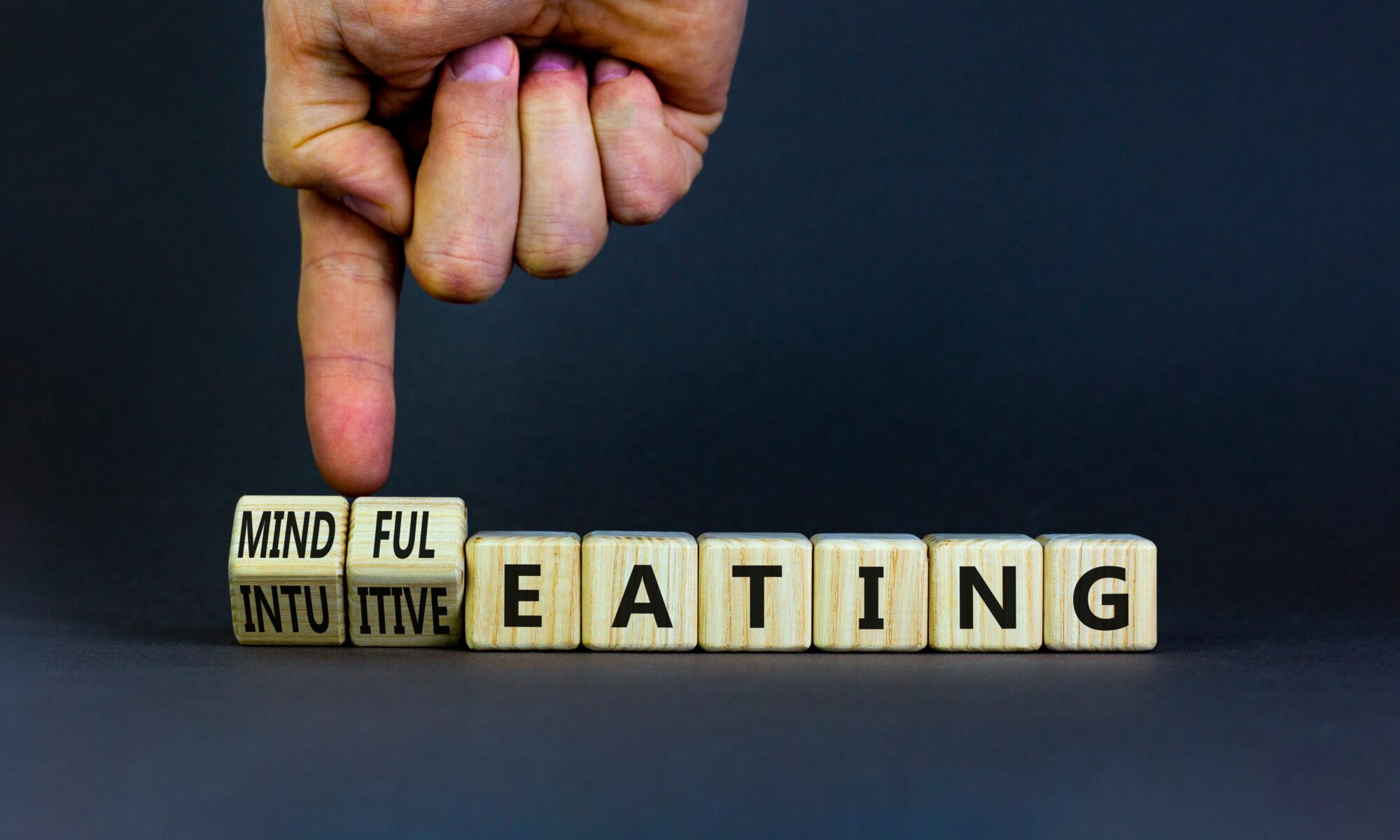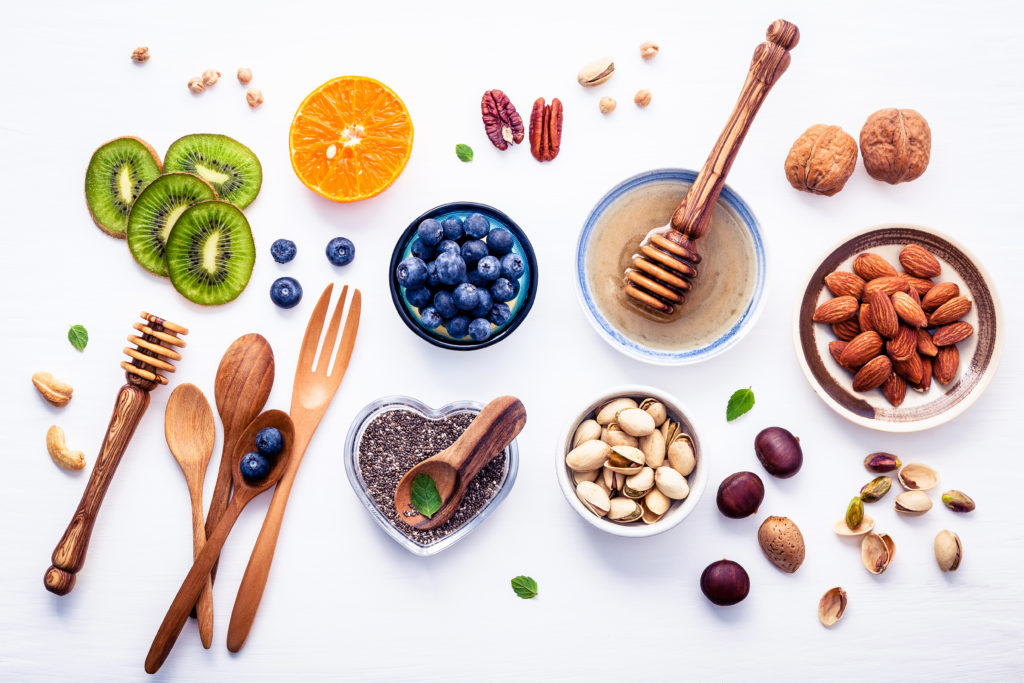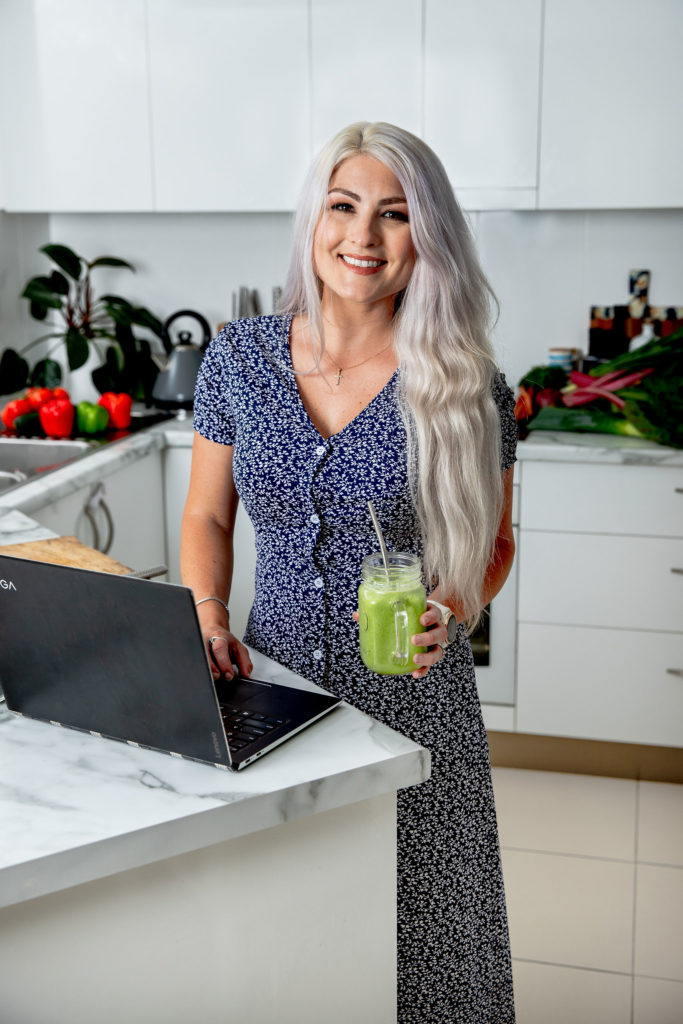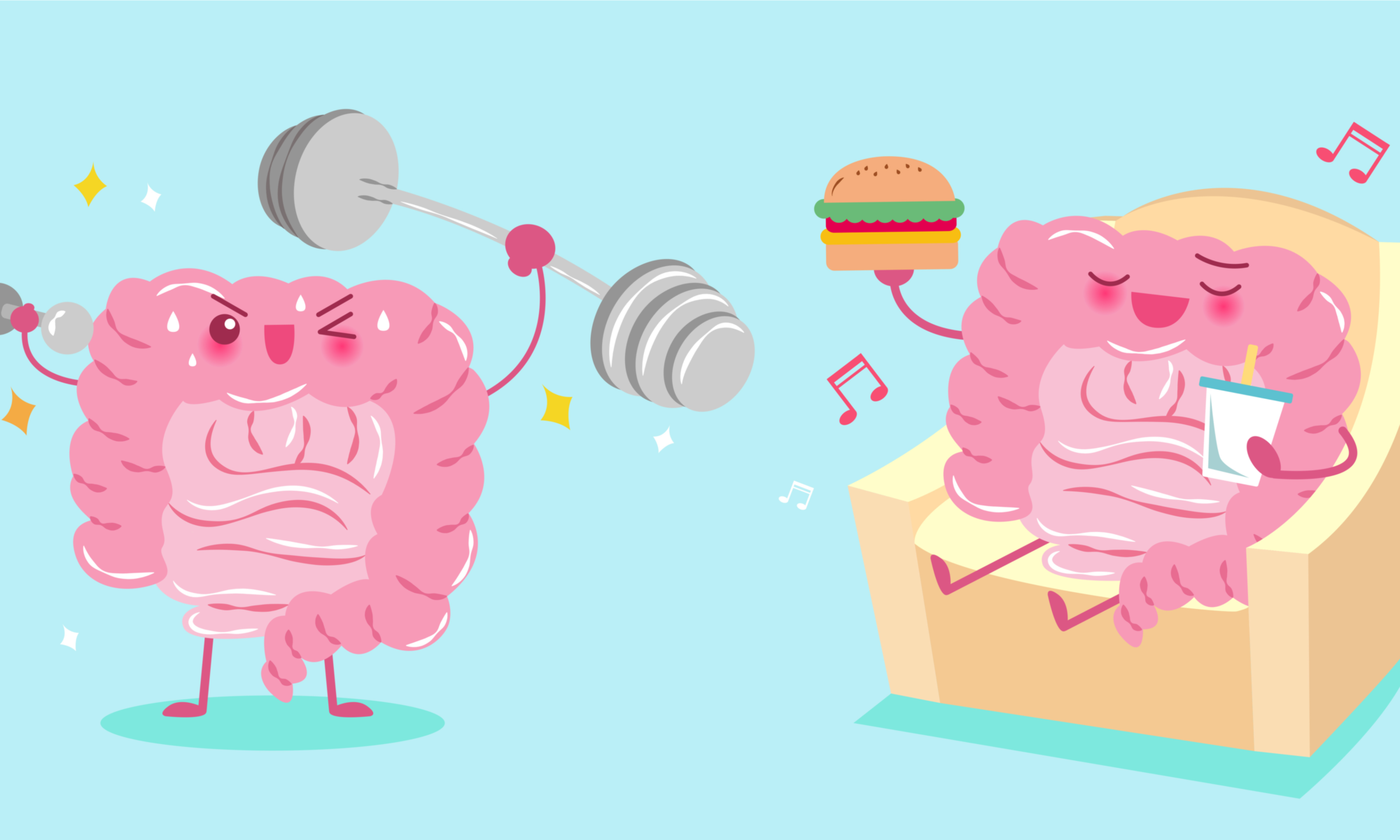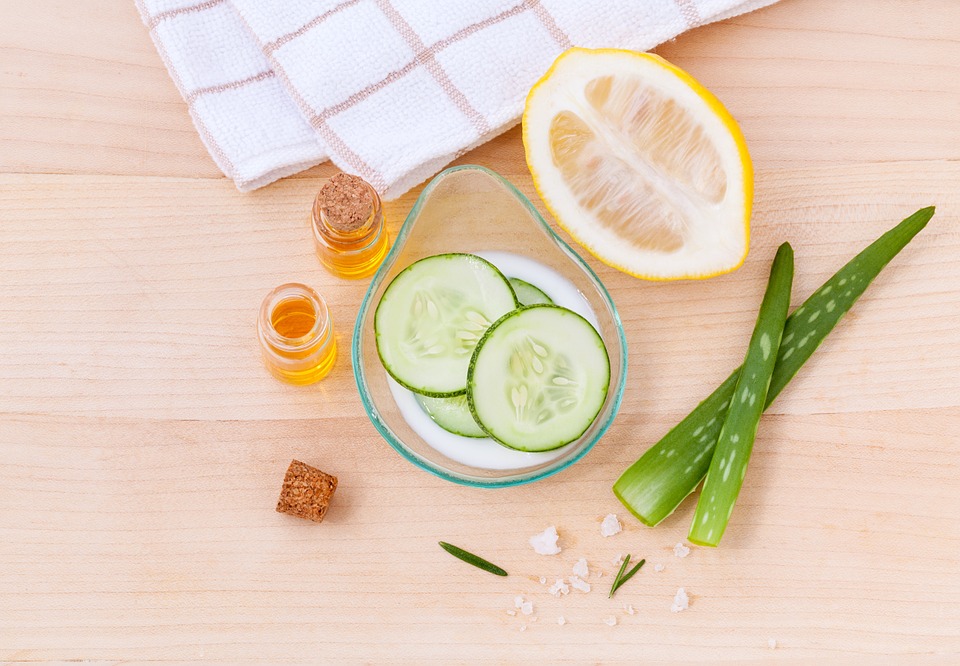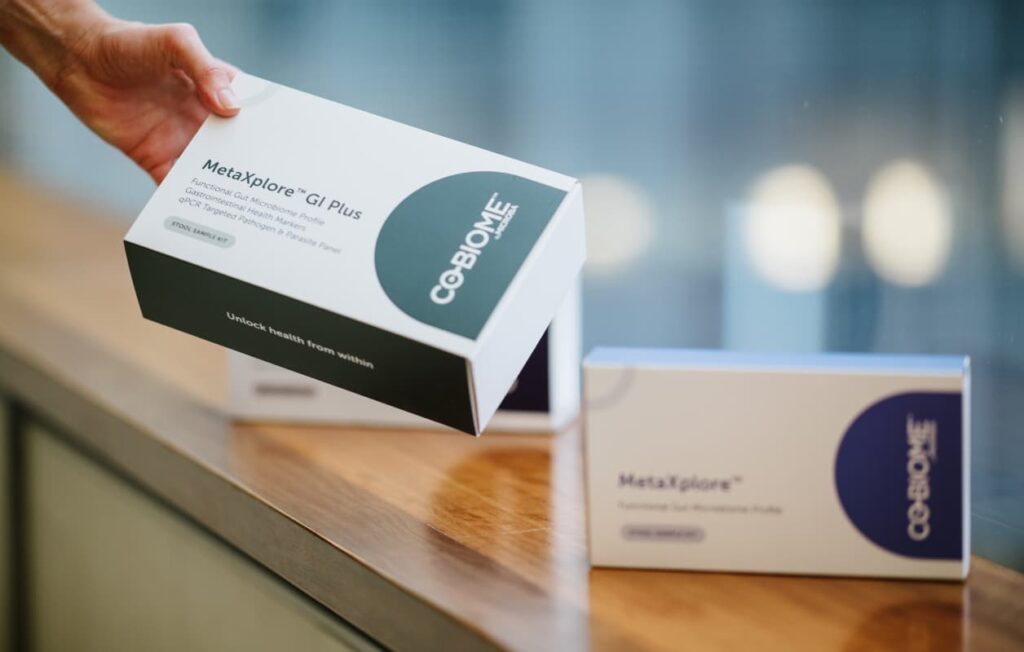You only need to look around your office or at your own lunch time habits to see that we are a society that likes to eat at our desk to squeeze every minute of working time out of the day. Kudos to us for being so dedicated to our work, but what about our health?
What is supposed to be an enjoyed task, eating has become much of a chore or inconvenience to us, something we must simply do to survive the day.
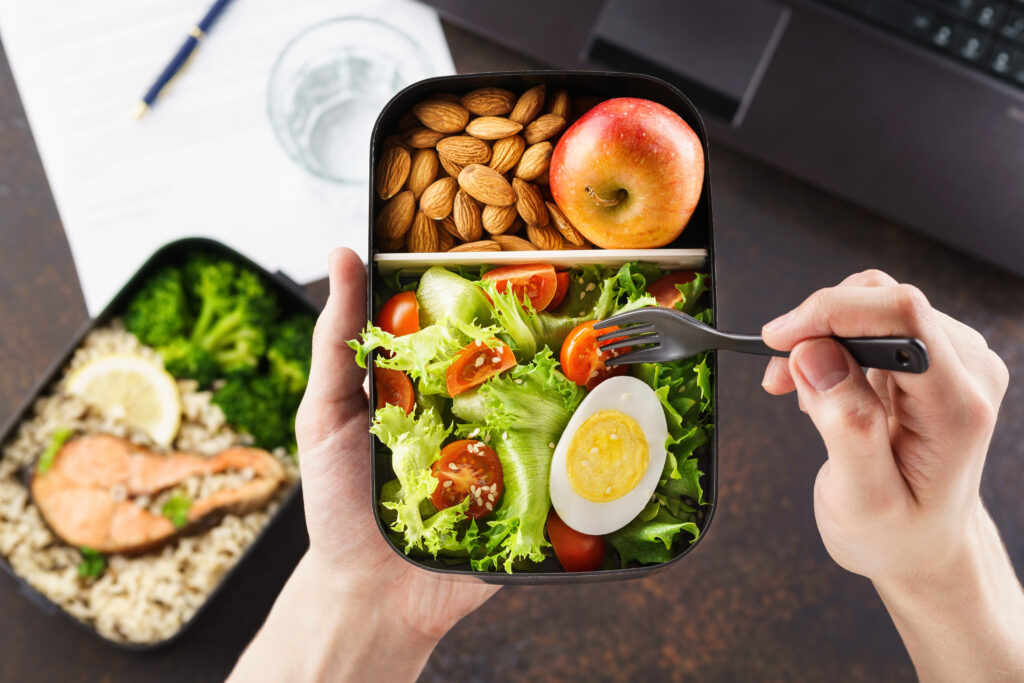
A look at the nervous system and mindful eating
Our nervous system has different pathways for working and eating that do not operate well together. One is dealing with the stress or activity in front of us and switches off digestion to focus our energies on that pathway. The other is the rest and digest pathway. With digestion switched off, you can easily see how bloating, reflux and constipation may become an issue.
Work is not the only lifestyle factor to blame
Let’s be fair, work is not the only culprit here. I’m sure you can relate to scrolling through social media, sending an SMS or checking emails on your phone at dinner. Maybe you even find yourself with your food on your lap in front of the TV binging your favourite Netflix series. All of these contribute to MindLESS eating.
Do you admire your food and salivate at the sight? This is the beginning of digestion. If you are looking away, busying your mind, you are not effectively starting the digestive process.
As you continue to shovel food in, do you recognise when you are full before you are ‘overstuffed’? Many of us don’t, we sit there after a meal feeling bloated, full, and uncomfortable.
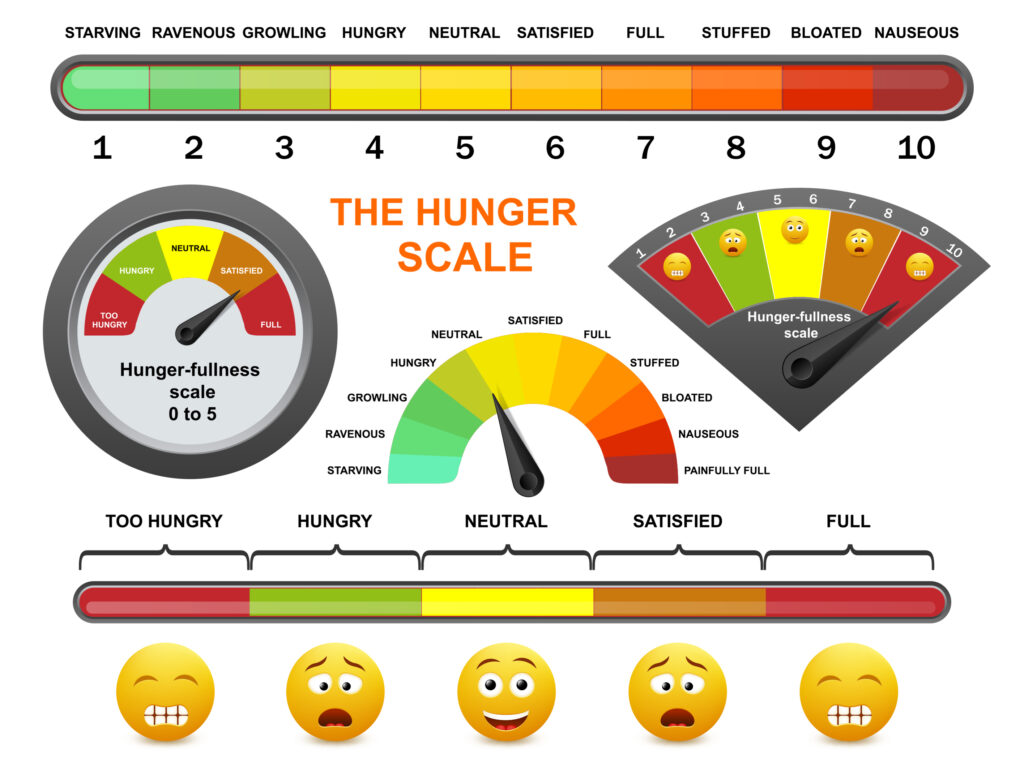
What is MindFUL eating?
MindFUL eating on the other hand is focusing on your hunger and fullness cues. It is being present with your food and the people who are enjoying the food with you. It’s sitting down to admire the aroma, the colours and anticipating every delicious mouthful. It is being thankful that you can fuel your body with something nutritious. It’s focusing on chewing each mouthful slowly and completely.
A healthy relationship with food rewards us with less bloating, better toileting habits, healthy weight and a healthy mind. Eating mindfully puts us in control of our body and how it feels.
Tips to support your MindFUL eating goals
- Look for signs of emotional or boredom eating.
- Enjoy the process of preparing food that nourishes your body.
- Consider what you want to eat and why?
- Is your body telling you it is hungry? Could it be tired or bored? This will avoid MindLESS snacking.
- Think about how the food is fuelling your body. Think vitamins and minerals, protein, fibre, healthy fats etc.
- Thinking of seconds? Allow 20 minutes before deciding on a second course, after the 20 minutes, determine if you are still hungry.
- Sit at the table to eat meals with the TV off.
- Take 10-15 minutes, at least, away from your desk to sit and eating your meal.
Food should give us enjoyment, nourishment, and fuel. Eating should be something we put thought into, just as much as our work. Without nourishment, our abilities to accomplish working and family tasks diminishes with our health.

